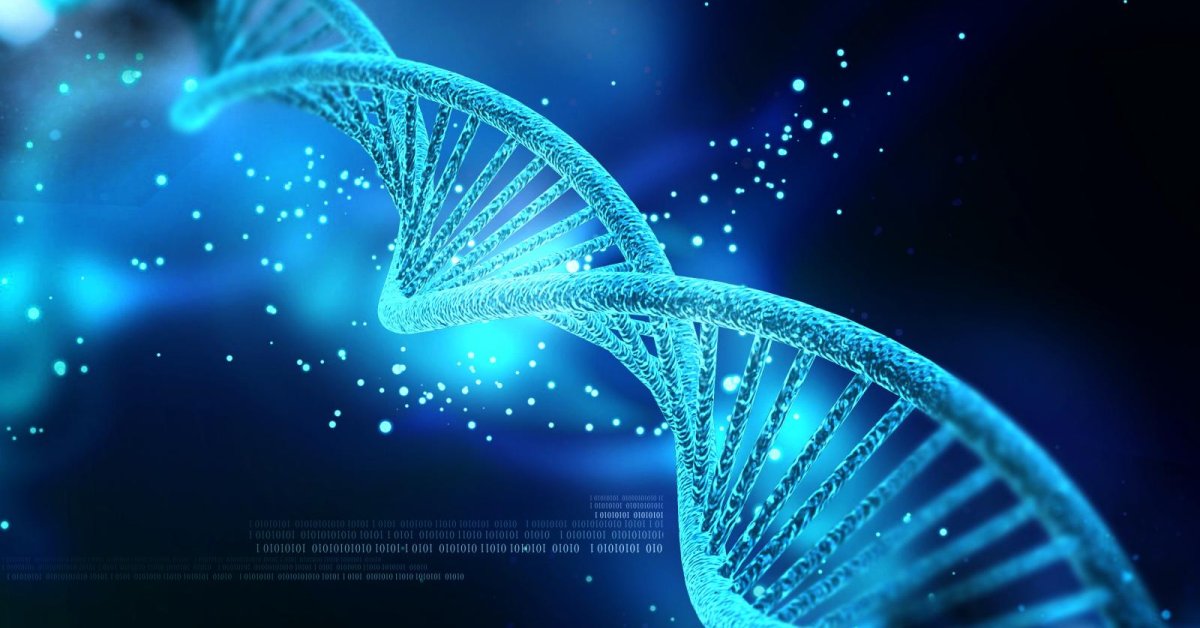This Dating App Will Screen Users's Genes To Find A Match
Aadhya Khatri - Dec 12, 2019

What it aims at is to match people according to their genes so that they have the least chance of passing genetic diseases to their children
- Scientists Rename Human Genes Because Excel Keeps Mistaking Them For Dates
- New Method Allows Scientists To Edit Genes From Inside Patient Body
- Chinese Scientist Who Created Gene-Edited Babies Gets A Three-Year Sentence
Harvard has a big ambition for its genetic research, from resurrecting the long-extinct mammoth to reversing the aging process in humans. Along the way, they can also create something as intriguing as a dating app that works based on users’ genes. What it aims at is to match people so that they have the least chance of passing genetic diseases to their children.
We humans have dominant and recessive genes. Several genetic conditions and diseases are the direct effect of recessive genes without dominant counterparts to overshadow them.

If a person having disease-causing recessive genes has a partner that also carries the same genes, their children have 25% more chance of suffering from the disease. This is what Harvard and their dating app hope to help people avoid.
In essence, users of the app need to have their genomes sequenced in order to take full advantage of its benefits. However, that future is still far-fetched as the number of people who qualify that requirement is still very small.
And for our current society, the idea of choosing a partner based on their genes still sound ridiculous. Even if the two people carry the same recessive gene that can cause a genetic disease, they still have chances of having healthy offspring. And love is still the main reason why people want to get married or have children.

This app might not stand a chance of being the main reason for people to choose certain partners, but it can be one of the criteria, alongside appearance, location, and several others. Who knows, we may have healthier generations someday when apps like Tinder add genes to their systems.
Featured Stories

Features - Jan 29, 2026
Permanently Deleting Your Instagram Account: A Complete Step-by-Step Tutorial

Features - Jul 01, 2025
What Are The Fastest Passenger Vehicles Ever Created?

Features - Jun 25, 2025
Japan Hydrogen Breakthrough: Scientists Crack the Clean Energy Code with...

ICT News - Jun 25, 2025
AI Intimidation Tactics: CEOs Turn Flawed Technology Into Employee Fear Machine

Review - Jun 25, 2025
Windows 11 Problems: Is Microsoft's "Best" OS Actually Getting Worse?

Features - Jun 22, 2025
Telegram Founder Pavel Durov Plans to Split $14 Billion Fortune Among 106 Children

ICT News - Jun 22, 2025
Neuralink Telepathy Chip Enables Quadriplegic Rob Greiner to Control Games with...

Features - Jun 21, 2025
This Over $100 Bottle Has Nothing But Fresh Air Inside

Features - Jun 18, 2025
Best Mobile VPN Apps for Gaming 2025: Complete Guide

Features - Jun 18, 2025
A Math Formula Tells Us How Long Everything Will Live
Read more

Mobile- Feb 17, 2026
Anticipating the Samsung Galaxy S26 and S26+: Key Rumors and Specs
The Samsung Galaxy S26 series is on the horizon, sparking excitement among tech enthusiasts.

ICT News- Feb 18, 2026
Google's Project Toscana: Elevating Pixel Face Unlock to Rival Apple's Face ID
As the smartphone landscape evolves, Google's push toward superior face unlock technology underscores its ambition to close the gap with Apple in user security and convenience.

ICT News- Feb 19, 2026
Escalating Costs for NVIDIA RTX 50 Series GPUs: RTX 5090 Tops $5,000, RTX 5060 Ti Closes in on RTX 5070 Pricing
As the RTX 50 series continues to push boundaries in gaming and AI, these price trends raise questions about accessibility for average gamers.
Comments
Sort by Newest | Popular